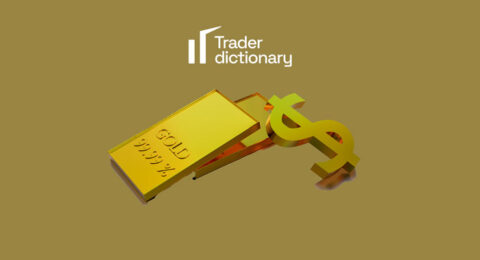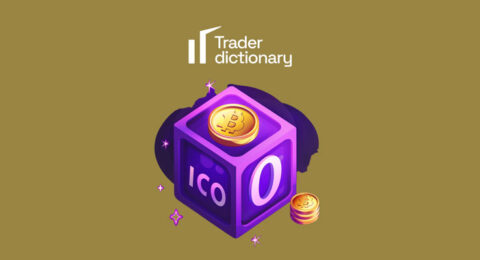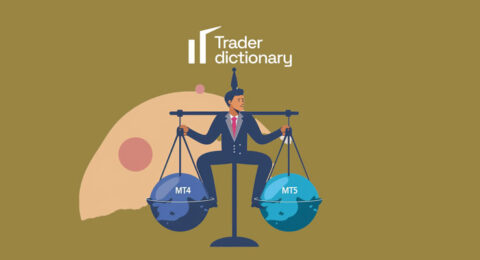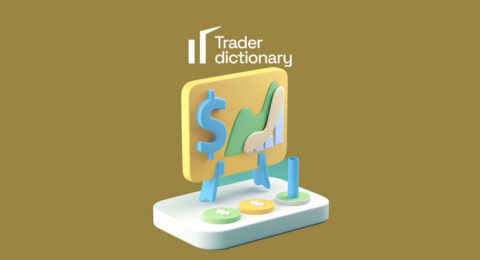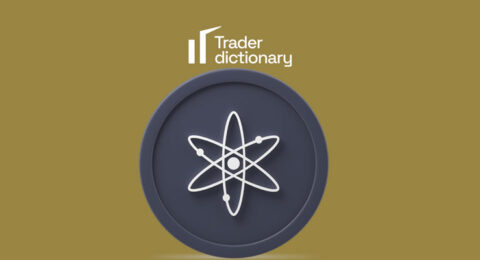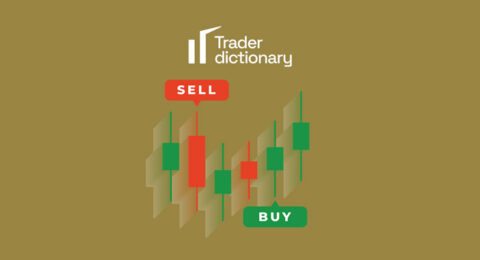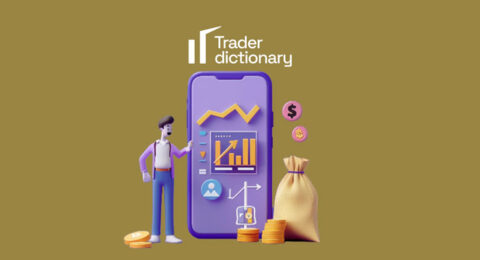What is a Spot Market?
The spot market, also known as the immediate market, is a familiar concept for those active in the financial sector. It’s where financial instruments and commodities are traded and transferred instantly. When we talk about “immediate” transactions, it means the physical exchange of a financial instrument or commodity for cash payment. This implies that payment is made immediately, along with the physical exchange of assets. In the spot market, everything happens very quickly and requires high precision from both parties involved. This creates a special trading environment where trust and speed are paramount. Essentially, the spot market is the foundation of all financial trading activities, as it reflects the most accurate value of assets at a specific moment. Moreover, the immediacy of the spot market provides investors with the opportunity to leverage price fluctuations in a short time. This requires investors to have a deep understanding and quick reaction to economic news and events to make timely and effective trading decisions. So, how does one succeed in the spot market? It involves understanding its operating mechanisms, constantly updating information, and thoroughly analyzing factors that could affect asset prices. Each trading decision must be carefully considered, with a deep understanding of market psychology and risk management skills.
How Does the Spot Market Work?
The spot market operates on the principle of immediate trading and asset transfer, which is why it is also known as the “physical” or “cash” market. While the transfer of funds between the buyer and seller may take a certain amount of time, such as T+2 in the stock market and most currency transactions, both parties agree to execute the trade “right now.” This creates a clear distinction from future transactions, where a price is agreed upon now, but delivery and fund transfer occur at a later date. Future transactions involving contracts that are about to expire are sometimes referred to as spot trades since the expiring contract means that the buyer and seller will exchange cash for the underlying asset immediately. This makes the spot market a flexible and immediate space, where investors can quickly respond to market fluctuations without having to wait for the asset or funds to be transferred after a period.
The operation of the spot market provides traders with opportunities to leverage real-time asset values at the time of the transaction. This requires a deep understanding of the market and the ability to quickly assess news and trends to make accurate and timely trading decisions. Therefore, the spot market is not only a place for asset transactions but also a field for testing and developing the trading skills of investors.
Advantages and Disadvantages of the Spot Market
The main advantage of the spot market is providing real-time and immediate prices for various goods and financial instruments. This means that spot prices immediately reflect supply and demand in the market, allowing investors and traders to have an accurate and updated view of the asset’s value. The immediacy and transparency of prices in the spot market facilitate a dynamic and high-quality trading environment, attracting participation from a wide range of players from producers to consumers of goods. Additionally, the spot market is known for its high liquidity and active operation. This means that transactions can be executed quickly and easily without facing significant price barriers or difficulties in finding a trading partner. High liquidity ensures that prices are competitive and reflect the market value of the asset accurately. Another advantage is the ability to receive immediate delivery. For buyers wanting to own physical assets or commodities instantly, the spot market offers undeniable benefits. This is particularly important for producers or consumers of goods who need the items for production or consumption in a short period.
However, the spot market also has its disadvantages. One such issue is the challenge of taking delivery of physical commodities. For example, if you purchase pork bellies on the spot market, you become the owner of a number of live hogs. While a meat processing plant might find this desirable, a speculator certainly would not. Another drawback is that the spot market cannot be effectively used to hedge against future production or consumption of goods, which is where derivative markets perform better. Thus, while the spot market offers many benefits such as transparent pricing, high liquidity, and the ability to receive immediate delivery, it is also necessary to be aware of some limitations such as difficulties in taking physical delivery and limitations in hedging future risk.
Types of Spot Markets
In the financial world, the spot market can be classified into two main types: Market Exchange and OTC (Over-the-Counter). Each market type has distinct characteristics and operating methods, serving different needs and purposes of investors and traders.
Market Exchange

Market exchange, also known as the exchange market, is where transactions are conducted openly and transparently. Exchanges like the New York Stock Exchange (NYSE) or the London Stock Exchange (LSE) are typical examples, where stocks, bonds, and other financial assets are bought and sold. The advantage of trading on an exchange is the high level of transparency, allowing investors to easily follow prices and trading volumes. This facilitates a fair market where all necessary information is widely disclosed.
OTC (Over-the-Counter)
Conversely, OTC trading occurs outside the official exchanges. These transactions are typically conducted directly between two parties without the intermediation of a public exchange. This provides greater flexibility for the participants, as they can negotiate directly with each other on the terms of the transaction. The OTC market is often used for complex financial products, such as derivatives, or in the case of smaller companies that do not meet the listing requirements of an exchange. However, a drawback of OTC is the lower transparency, which can increase trading risk due to a lack of information. Each spot market type offers its advantages and challenges, suitable for different investment strategies and goals. The choice between exchange trading and OTC depends on the specific needs of the investor, including risk factors, transaction flexibility, and information transparency requirements.
Comparing Spot Market and Future Market
In the financial markets, two frequently mentioned concepts are the spot market and the future market. Although both are indispensable parts of the global financial system, they have distinctly different characteristics and operational methods.
Spot Market
As mentioned, the spot market is where assets are traded and transferred immediately. “Immediately” here means that transactions are executed “at the time of the trade” and payments are made shortly thereafter, usually within a few business days. This gives the spot market flexibility and reflects the real value of the asset at the current moment.
Future Market
Conversely, the future market is where contracts to buy or sell assets will be executed at a specified future date at a price agreed upon in advance. This market allows investors to hedge against price volatility and plan for the future based on price forecasts.
Main Comparisons
A fundamental difference between these two markets is the “immediate” nature of the spot market versus the “future” aspect of the future market. The spot market reflects the current and actual value of an asset, while the future market is based on predictions and expectations about the asset’s value in the future. Another important difference is that the future market often involves derivative contracts, where the value is based on the value of another underlying asset, whereas the spot market involves the exchange of actual assets. This makes the future market more complex and requires a higher level of knowledge and analytical skills. Finally, the risk and investment strategies between these two markets also significantly differ. The spot market offers trading opportunities based on current values, while the future market is a tool for risk management and investment based on future asset value predictions.


